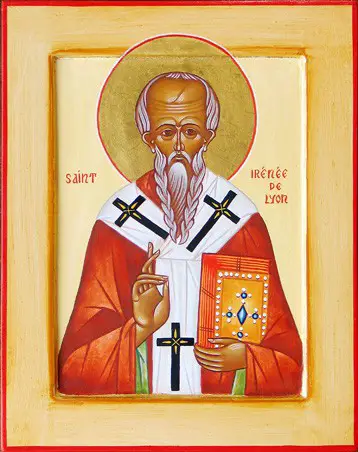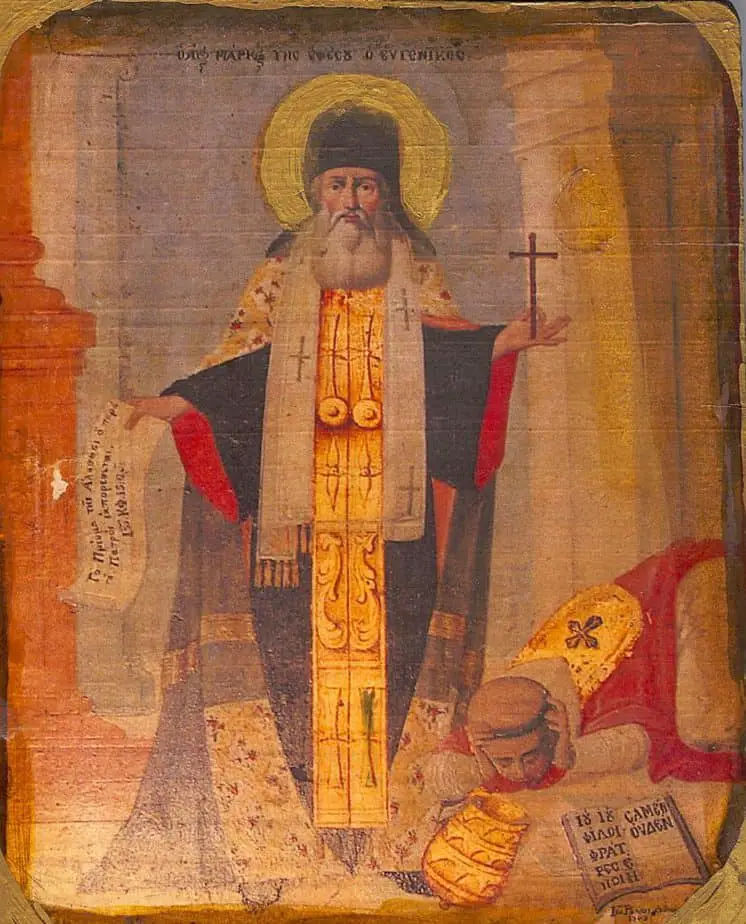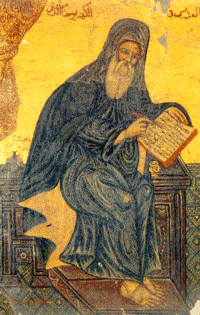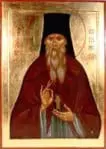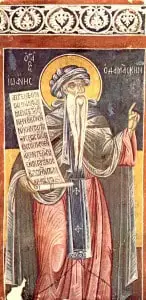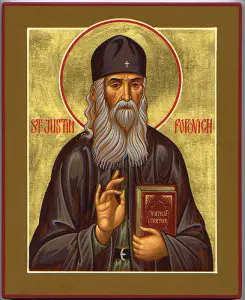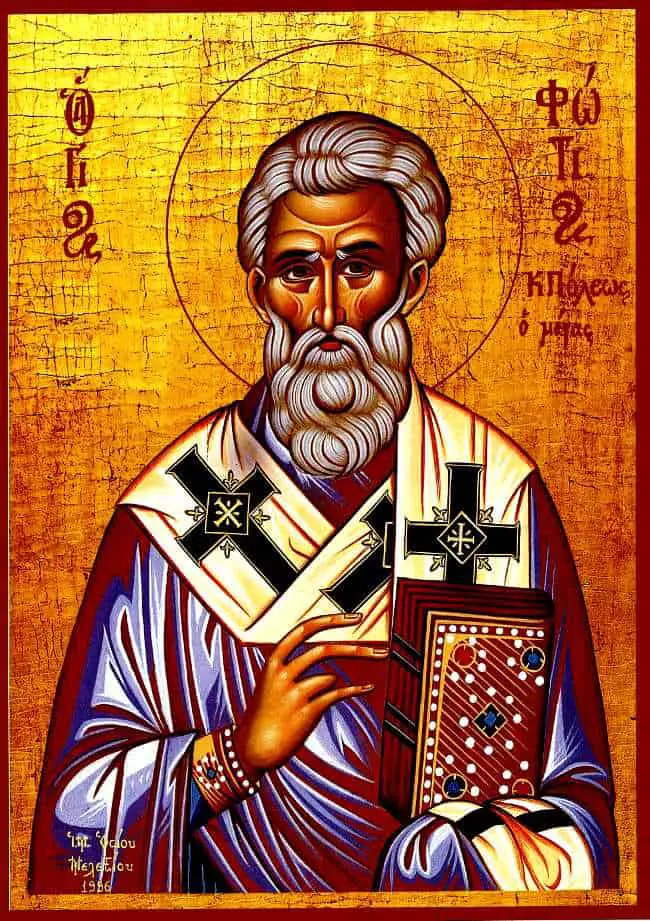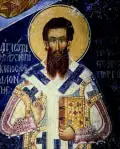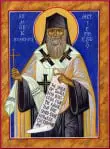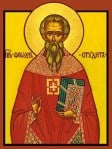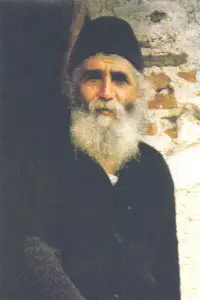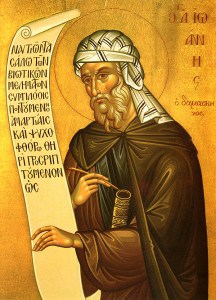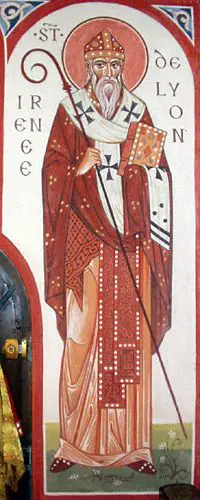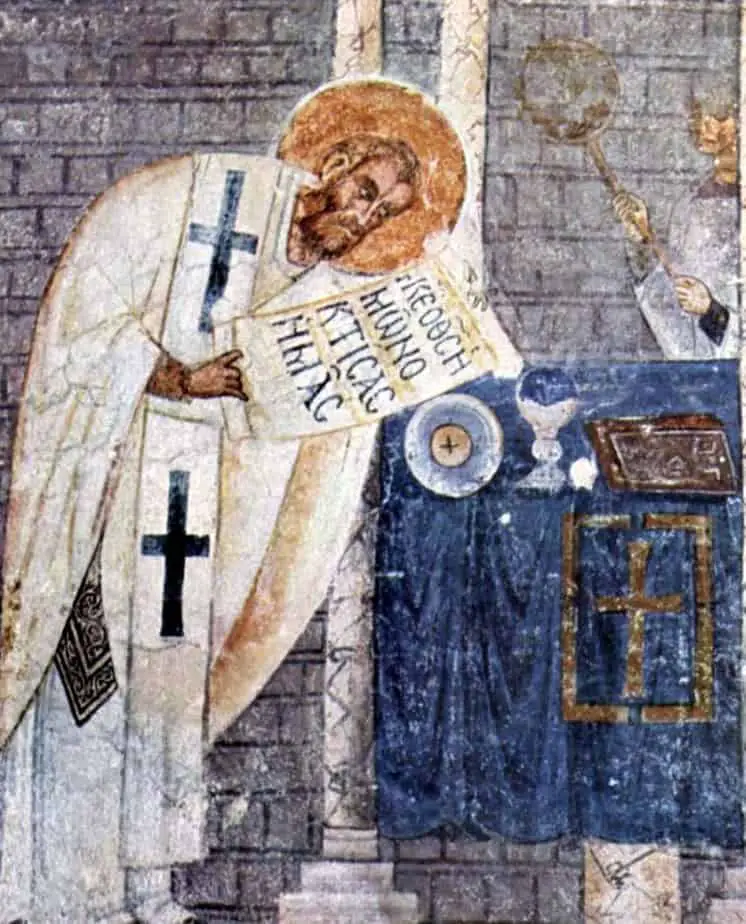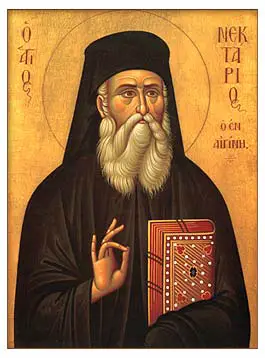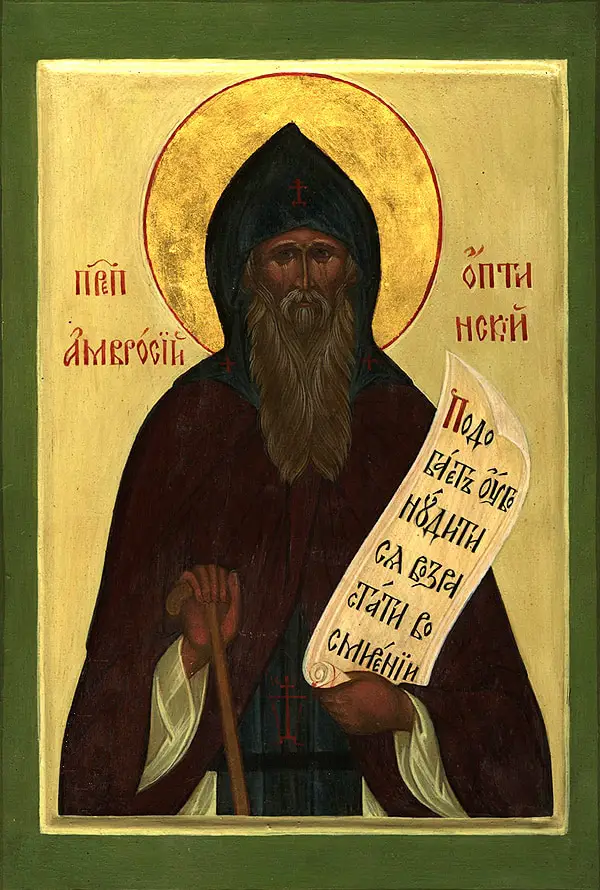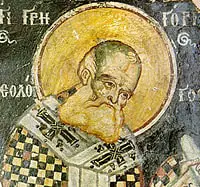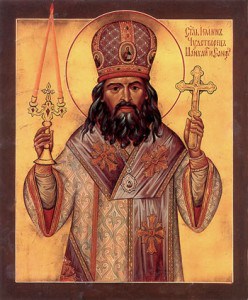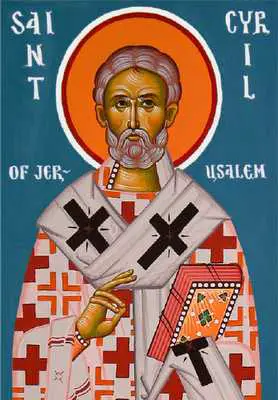St. Mark of Ephesus: . . . for this would be to mix what cannot be mixed. But it befits them to be absolutely separated from us until such time as God shall grant correction and peace to His Church.
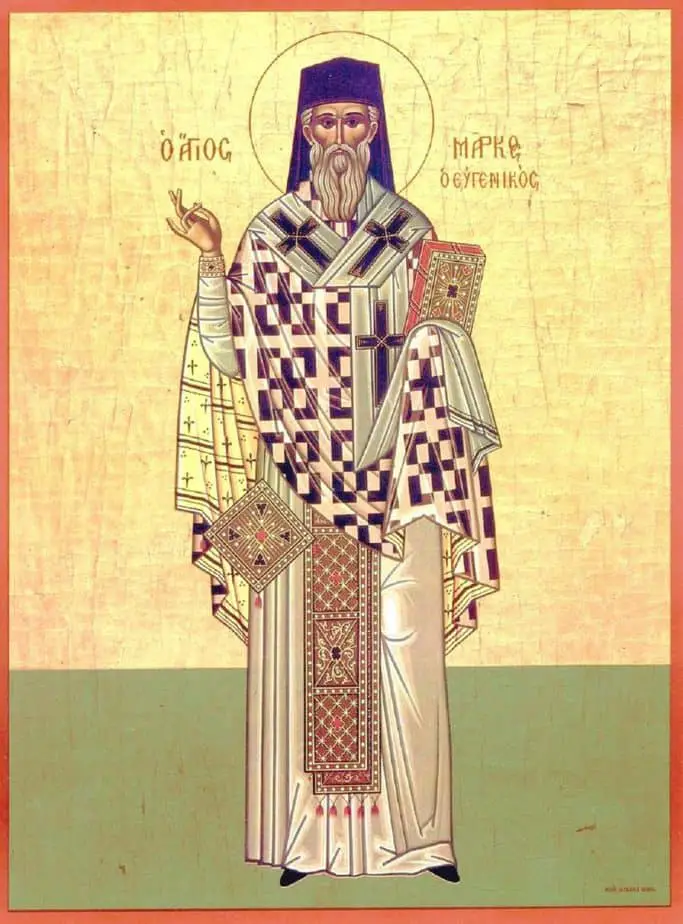
“Concerning the Patriarch I shall say this, lest it should perhaps occur to him to show me a certain respect at the burial of this my humble body, or to send to my grave any of his hierarchs or clergy or in general any of those in communion with him in order to take part in prayer or to join the priests invited to it from amongst us, thinking that at some time, or perhaps secretly, I had allowed communion with him. And lest my silence give occasion to those who do not know my views well and fully to suspect some kind of conciliation, I hereby state and testify before the many worthy men here present that I do not desire, in any manner and absolutely, and do not accept communion with him or with those who are with him, not in this life nor after my death, just as (I accept) neither the Union nor Latin dogmas, which he and his adherents have accepted, and for the enforcement of which he has occupied this presiding place, with the aim of overturning the true dogmas of the Church.
I am absolutely convinced that the farther I stand from him and those like him, the nearer I am to God and all the saints, and to the degree that I separate myself from them am in union with the Truth and with the Holy Fathers, the Theologians of the Church; and I am likewise convinced that those who count themselves with them stand far away from the Truth and from the blessed Teachers of the Church.
And for this reason I say: just as in the course of my whole life I was separated from them, so at the time of my departure, yea and after my death, I turn away from intercourse and communion with them and vow and command that none (of them) shall approach either my burial or my grave, and likewise anyone else from our side, with the aim of attempting to join and concelebrate in our Divine services; for this would be to mix what cannot be mixed. But it befits them to be absolutely separated from us until such time as God shall grant correction and peace to His Church.”
+ St. Mark of Ephesus, as quoted in The Orthodox Word, June-July, 1967, pp. 103ff,
